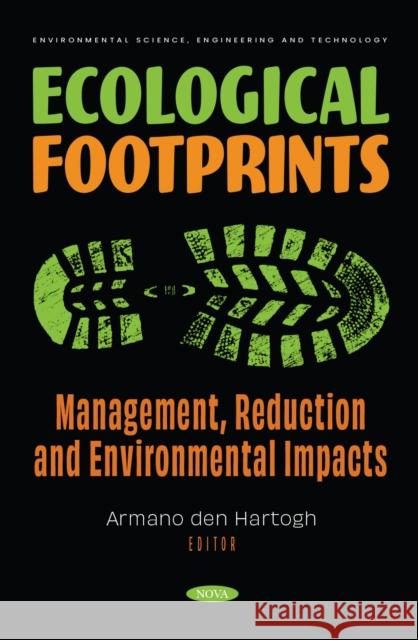Ecological Footprints: Management, Reduction and Environmental Impacts » książka
Ecological Footprints: Management, Reduction and Environmental Impacts
ISBN-13: 9781685075484
In the present scenario of global climate change, ecological footprint analysis is necessary for the development of more sustainable and environmentally friendly ways of living. This book includes five chapters that explore various aspects of ecological footprint analysis. Chapter One provides a platform that relates and compares principles oriented towards reducing environmental urban impacts through the analysis of urban form and empirical knowledge about the applicability of ecological footprint as a tool for urban planning and design. Chapter Two focuses on the societal need to keep cities livable and sustainable through appropriate waste management. Chapter Three illustrates how city authorities and residents can better understand their rate of dependence upon and impact on the environment at various scales, realize their vulnerability to overseas environmental changes, and suggest local action or policy guidelines that may increase their urban sustainability. Chapter Four explores means for reducing the lifecycle ecological footprint of residential buildings. Finally, Chapter Five includes an ecological footprint analysis of jatropha biodiesel production at low scale.











